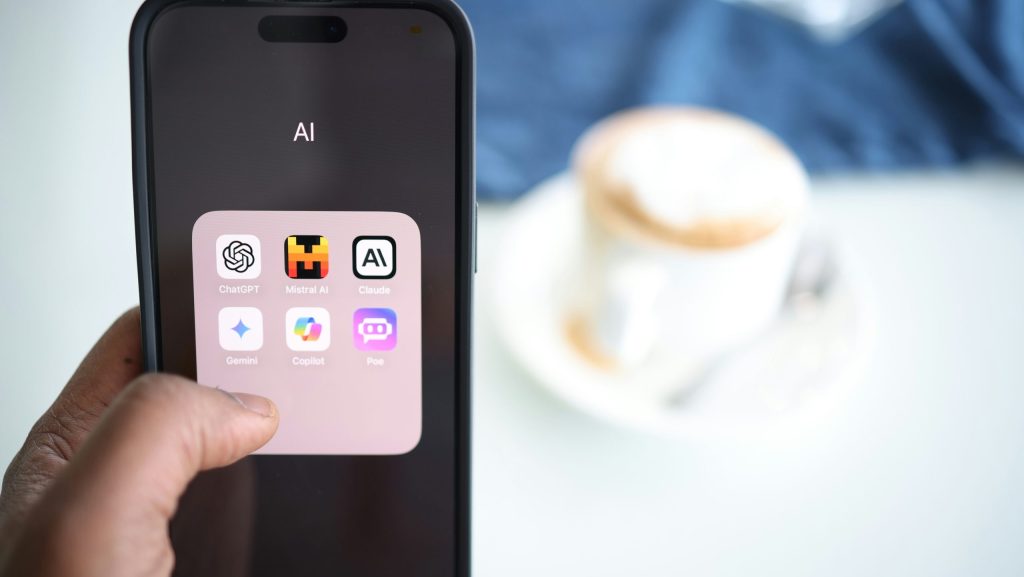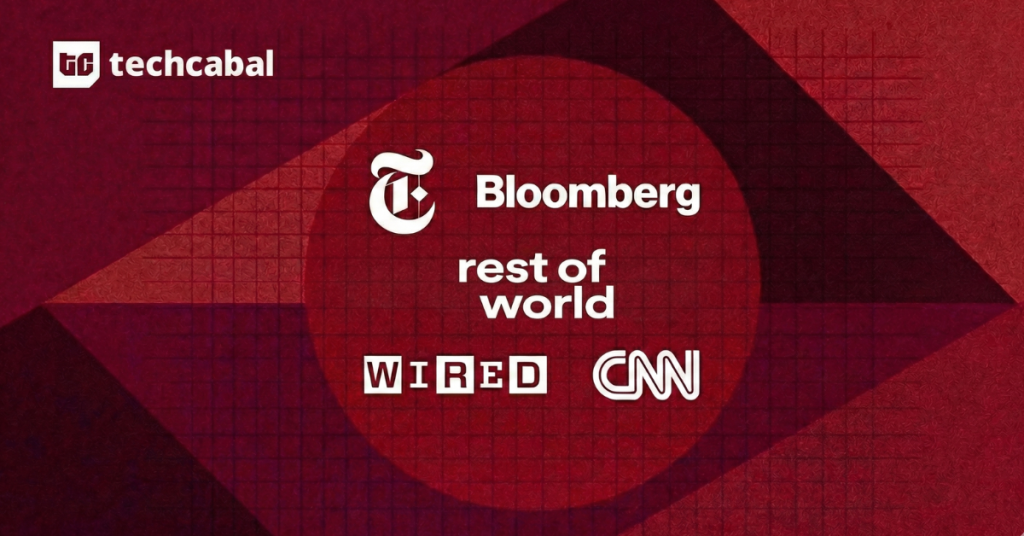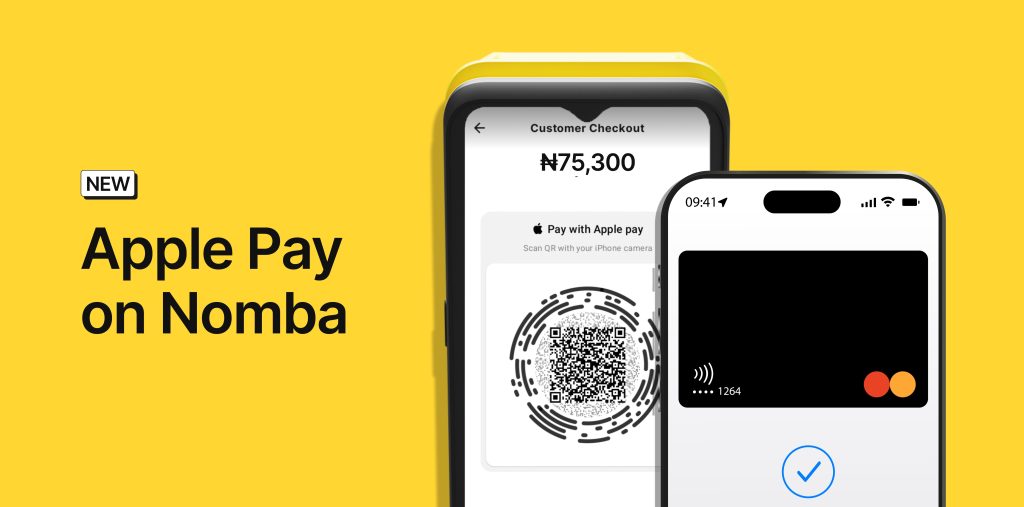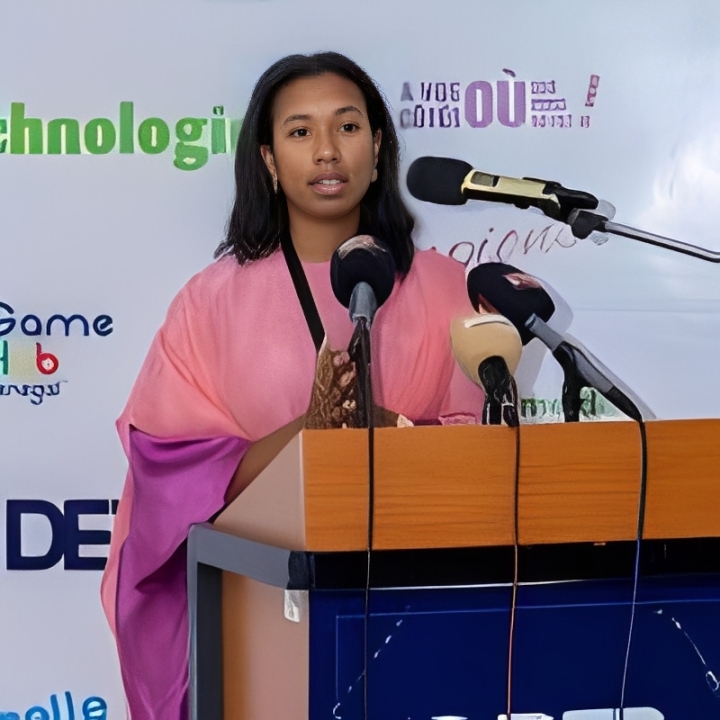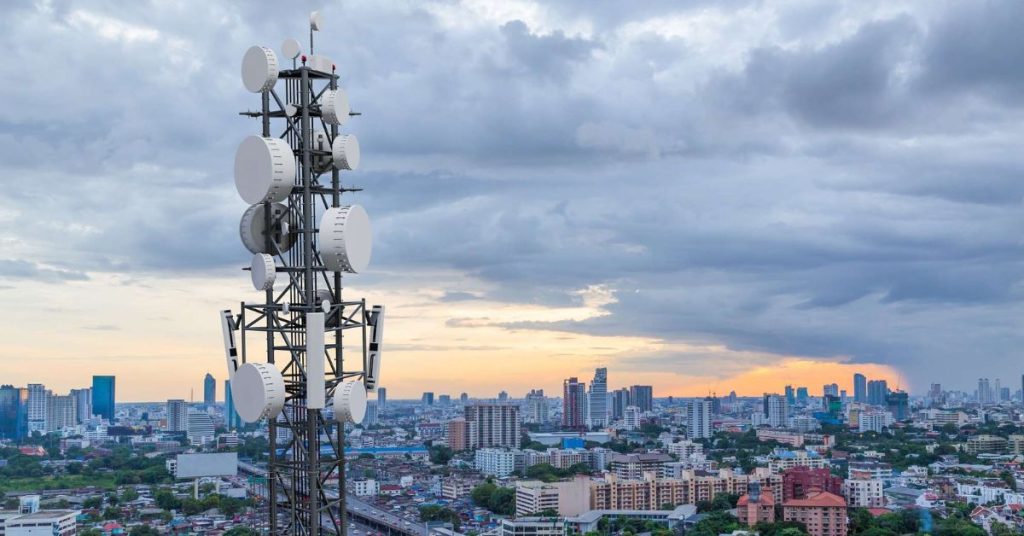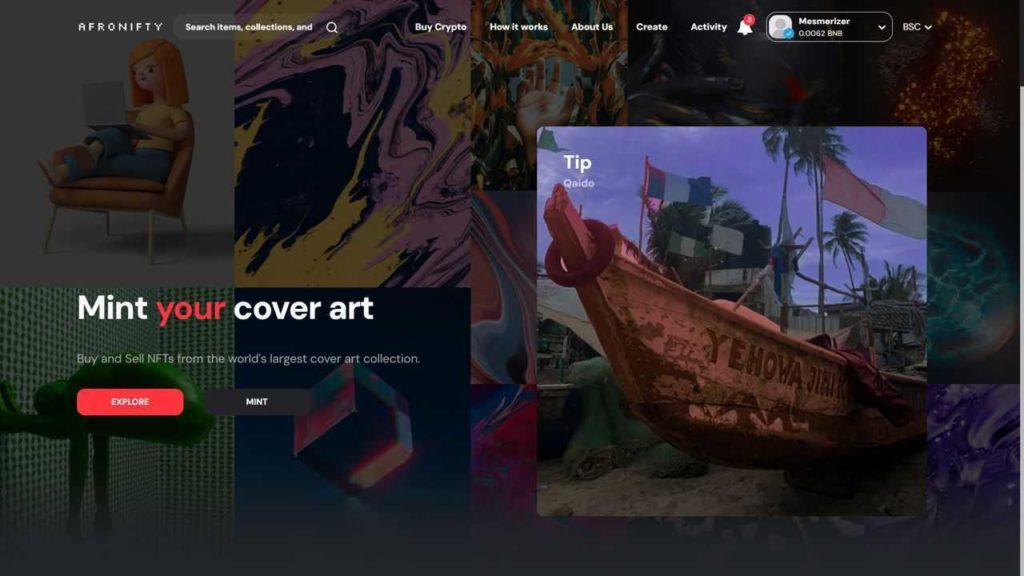
When Afronifty launched in September 2021, the crypto market, valued at almost $3 trillion, was at its peak. The Non-Fungible Token (NFT) Marketplace had a niche mission that was in equal parts ambitious and auspicious for the blooming crypto market: to utilize blockchain technology for the empowerment of black music creatives, through financial stability, artistic freedom and community building. Popularly dubbed the ‘NFT Marketplace for Music’, Afronifty operates by providing a platform for musicians to create songs, mint and list them in the marketplace for their fans and investors to bid on. Unfortunately, the bullish-highs of the crypto market were short-lived, plummeting in June 2022. It’s been over a year since the collapse of the crypto market, yet, Afronifty has persisted in the mission it set 2 years ago, swiftly amassing over 9,000 music NFTS to become the largest NFT Marketplace in Africa by NFT mint volume. The NFT Music Marketplace has attributed Cover Art collectibles, representing 55% of the NFTs on the platform, to its success. As Afrobeats rose exponentially, Afronifty recorded a corresponding rise in the number of musicians minting their music cover art on its website.
Home to over 4000 cover art NFTs—including the high value NFTs of breakout rapper OdumoduBlvck and emerging Afro-Fusion singer Kold Af—, Afronifty shapes the future of music investments by strategically leveraging Music Cover Art. Research conducted at the company shows that, annually, the music industry loses value on music cover art to the tune of almost 7 billion dollars. “We noticed a gap in the cover art space”, said Nnanna Mbila, Patrick Oramah and David Adeleke, the co-founders of Afronifty. “Traditionally, once music cover arts are designed and uploaded on streaming platforms like Spotify and Apple Music, they have no inherent value”, Mr. Mbila explained. The brilliant minds leading Afronifty saw this gap, as well as the indomitable rise of Afrobeats and Crypto Users in Africa, as an opportunity to create liquidity in a way never seen before in the Music Industry. “We (Afronifty) are building an open market to tokenize music cover art which will be a way to invest in music, simply by owning the original cover art NFT of a song,” said Mr. Mbila.
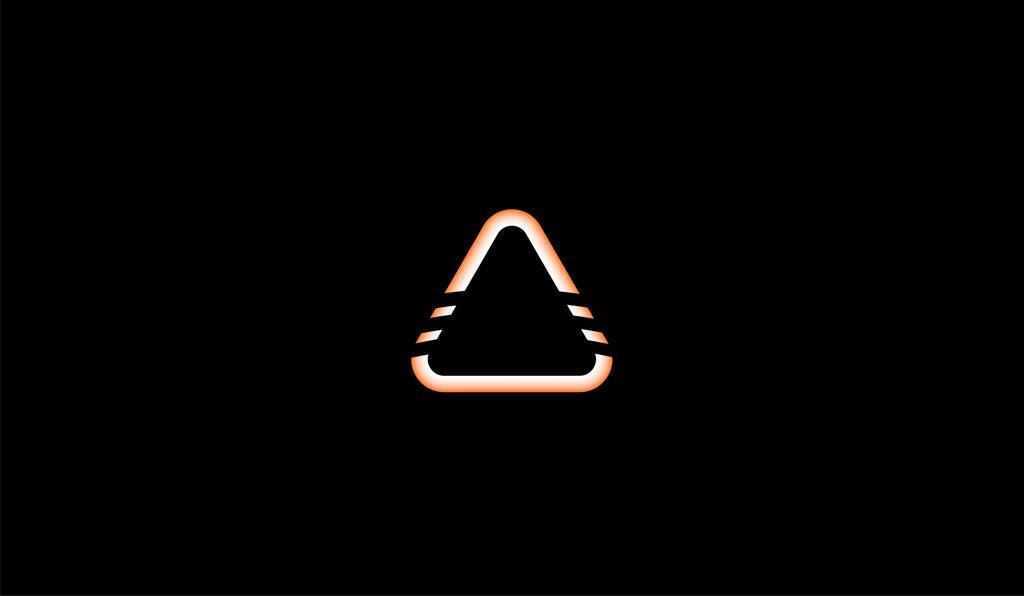
In 2023, NFT mints at Afronifty grew by over 420 percent. We are currently witnessing the rapid creation of a decentralized stock market for music. Afronifty’s model is straightforward: a seller (an artist or record label) mints their music cover art, sets its selling price as well as the royalty percentage for each time the cover art is resold, while the devoted community of music fans and investors can speculate on artists and songs that they believe will perform well, by purchasing the NFT cover art directly from the artist. As the music blows, the original value of the NFT increases and it can be resold. Trading music has never been this seamless.
Afronifty invites not only musicians and record labels to partner with them to capitalize on the lucrative asset that their music cover art has proven to be, but also investors and the inexhaustible community of music listeners to build their portfolios of musicians they believe in. According to Nigerian newcomer singer, Z’bah, whose cover art sold for 0.3 BnB on Afronifty, “I never believed my cover art could have secondary value but thanks to Afronifty, I discovered that it’s possible to tokenise your cover arts to make them immutable and investable by others”.
Afronifty presents a unique trading opportunity within the music industry. I think we can all agree that the trading of music cover art NFTs has the power to reimagine the shrewdest ways artists, record labels and music listeners can position themselves for financial stability, from the growing worldwide music market, set to double in revenue by 2030.
In this dynamic world of NFTs, join hundreds of artists and record labels in their journey to wealth creation. Contact Afronifty:
Email: info@afronifty.com
IG: @afronifty
X:Afronifty1
Phone Number: +44 7376 849112





